How to Become a Marine Biologist
A marine biologist is a scientist who studies ocean animals, plants, and microscopic life forms that live in the sea. They explore how these creatures live, grow and interact with their underwater environment.
A Day In The Life
If you were a Marine Biologist, you’d spend your day…
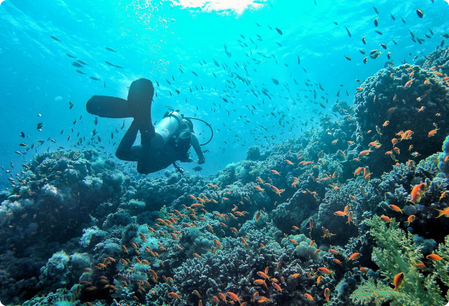
Exploring the ocean to study sea creatures, collecting samples and observing how the animals react to their environment
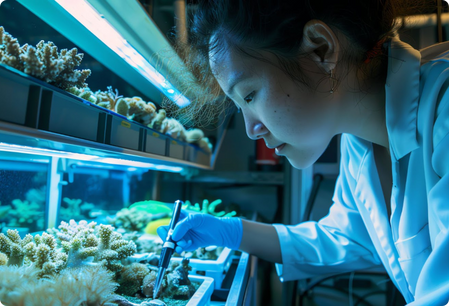
In labs analysing data using special software and observing small specimens through microscopes

Writing reports and reading scientific articles to share your findings and learn from others in the field
Wanna see a marine biologist in action? Check out this video!
Is This Career Right for Me?
According to the Holland Codes, people in this career generally possess the following traits:
Challenges & Skills
No job is easy, but if you’ve got the right skills, you’ll be ready to handle anything that comes your way!
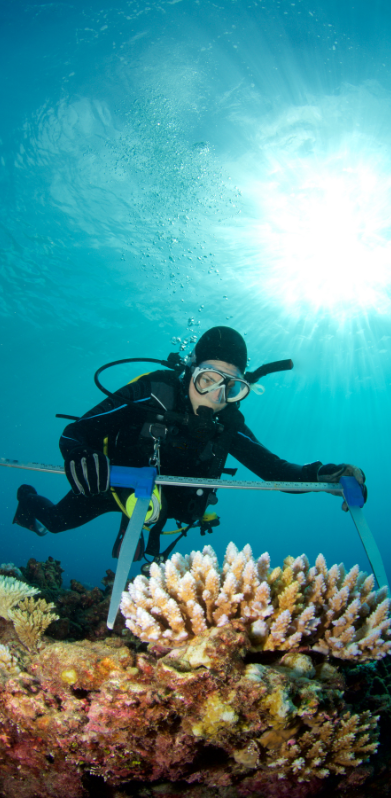
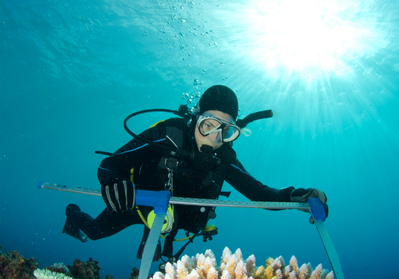
Challenges & Skills Needed to Overcome Them
Understanding sea creatures and their habitats
Skills: Strong research and observation skills to learn how marine life behaves and survives in different environments
Analysing complex data and patterns
Skills: Data analysis and math skills are important to understand and explain changes in the ocean and marine life
Working on boats during fieldwork
Skills: Boat handling skills like steering and docking
Diving to study underwater life
Skills: Scuba diving skills and proper certification let you safely explore and observe marine life underwater
Managing lots of information
Skills: Being organised and thinking clearly helps you keep track of your notes, samples and research data
Writing reports and research papers
Skills: Writing and reading skills help you record your findings and learn from the work of other scientists.
Sound like you? Then you might just have what it takes to tackle these challenges and thrive as a Marine Biologist!
Career Pathway
Thinking long term? This career path shows you how you can grow your role (and salary!) in the world of marine biology.
With every step, you’ll gain more skills, responsibility and opportunities. If you’re passionate about environmental & marine, this career path could be your perfect match!
Global Opportunities
Pros in this field are in demand everywhere—your career could literally take you places!
Top countries hiring professionals in this field:

United States
The U.S. has many job opportunities in marine biology, with research centres, government agencies like NOAA and universities doing a lot of ocean research.
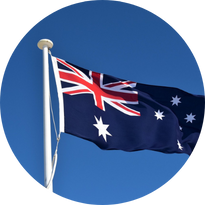
Australia
With its long coastline and famous spots like the Great Barrier Reef, Australia is a great place for marine biologists to study ocean life.
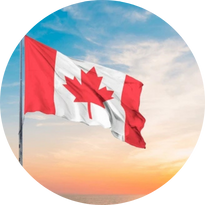
Canada
Canada has large ocean areas and prioritises the environment, making it a good place for marine biologists to work and do research.
We hope this guide has helped you understand what to expect and inspired you to explore a path that fits your strengths and passions. Good luck—and have fun discovering your future!


